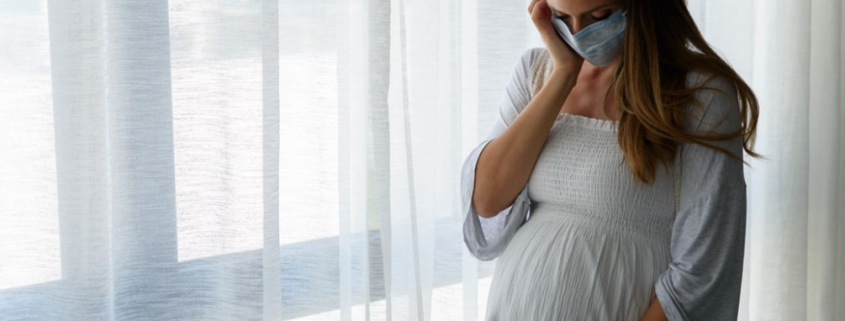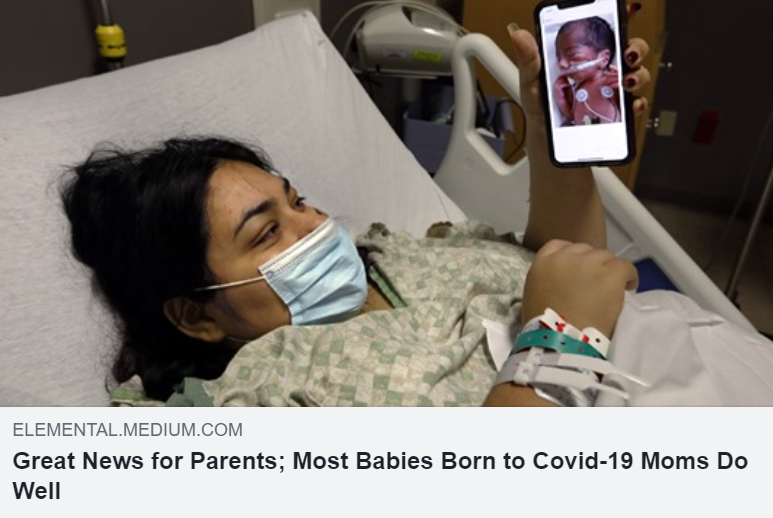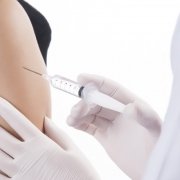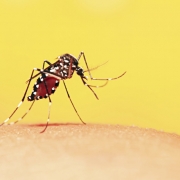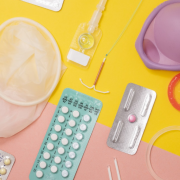Here Is More Good News for Pregnant Women With Covid-19
COVID-19 is a new Coronavirus. Physicians and researchers have learned a lot this past year, but new information continues to be known. While there are things that are yet to be discovered in the fight against COVID-19, there are steps you can take to stay safe while still enjoying pregnancy, such as: hold an online or virtual baby shower! Encourage friends and family to shop from an online registry like Amazon Registry.
Doing so will not only benefit you and your baby by limiting your risk of exposure to COVID-19, but if you set up your Amazon registry, you will benefit your community further. MacArthur Medical Center has partnered with Amazon Registry so that each purchase made from your baby registry triggers a donation to the Irving ISD Teenage Pregnant & Parenting Students (TAPPS). This program helps teen-aged parents stay in school while pregnant or raising their children. It’s the easiest thing you can do to stay safe and to benefit the community in more ways than one.
A new study shows encouraging outcomes for moms.
Pregnant women around the world are scared about catching Covid-19 and passing it on to their babies. Obstetricians, like me, work to protect our patients and keep them safe, but much remains unknown about the novel coronavirus’s effects on pregnant women and babies.
A new paper published in the medical journal JAMA offers more encouraging news for pregnant women. Researchers at the University of Texas Southwestern Medical Center in Dallas published a study titled Pregnancy Outcomes Among Women With and Without Severe Acute Respiratory Syndrome Coronavirus 2 Infection.
The results show that 95% of women who tested positive for Covid-19 during pregnancy had no adverse outcomes. Five percent of infected women experienced severe complications such as pneumonia and respiratory distress.
This study also showed a low rate of newborn infections (3%) consistent with our previous reporting. Previously published data from the PRIORITY Study (Pregnancy Coronavirus Outcomes Registry) showed babies born to Covid-19-positive women do well with no increase in negative metrics such as low birth weight, difficulty breathing, apnea, or respiratory infections through the first eight weeks of life.
Based on current scientific understanding of Covid-19 infection in pregnancy, there is no evidence at this time indicating pregnant women are more at risk for severe illness from Covid-19 than the general public. In general, viral infections in pregnancy can lead to poor outcomes in mothers and newborns.
Pregnant women have a suppressed immune system and experience changes in the way the respiratory system functions. These physiological changes are essential but put pregnant women at a higher risk for respiratory problems when they contract other similar viruses such as MERS, SARS, influenza, or pneumonia.
This paper from UTSW adds to the growing body of medical evidence that most women who contract Covid-19 will do well. The authors acknowledge the scientific consensus that viral infections place pregnant women at risk but highlight the low number of sufficiently powered, large-scale studies conducted to accurately assess the specific risks associated with SARS-CoV-2. The purpose of this study was to address this gap in scientific research.
This large urban county health system’s research compared outcomes in 252 SARS-CoV-2-positive and 3,122 negative pregnant women. The data was collected from March 18 through August 22, 2020. The study population included 2,520 Latinx (75%), 619 Black (18%), and 125 White (4%) women. The statistical analysis controlled for variables such as age, parity, body weight, and other medical conditions.
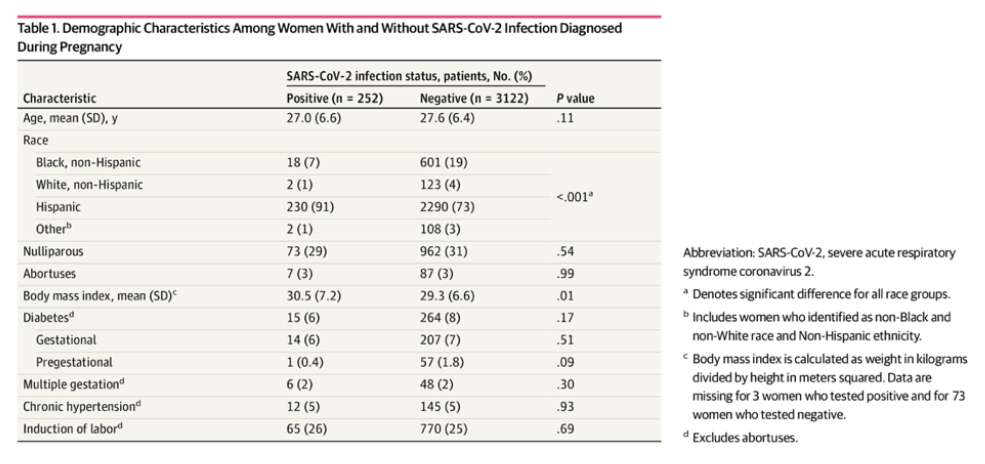
Image: CC Jamanetwork
The study found SARS-CoV-2 positivity was more common in Latinx women, accounting for 90% of the cases. Latinx women make up 75% of the 12,000 women delivering at UTSW.
Thirteen women (5%) developed severe respiratory complications requiring interventions, and one patient developed venous thromboembolism.
There was no difference in preterm birth rates, preeclampsia, C-section rates, or stillbirth in women with Covid-19. This data is further supportive evidence that pregnant women who test positive for Covid-19 and their newborn babies have a low risk of developing severe symptoms.
This study also evaluated the placenta for evidence of pathological changes. Scientists have been concerned the viral illness could lead to placental vasculopathy and inflammatory infiltrates. Pathologists studied the placentas of patients infected with Covid-19. This study found the majority were not affected by the virus.
NIH research indicates that in utero mom-to-baby transmission is rare because the placenta is missing key components the virus needs to enter the fetal circulation, namely ACE2 receptors and the TMPRSS2 enzyme. Both the ACE2 receptor and TMPRSS2 are present in the placenta but only in tiny amounts. The low levels likely explain why SARS-CoV-2 is unlikely to cross the placenta from mom to baby.
How do pregnant women protect themselves from Covid-19?
We all must do our part to prevent the spread of the virus. Pregnant women should follow the same global recommendations:
- Wash your hands with soap and water for at least 20 seconds.
- Use hand sanitizer containing at least 60% alcohol.
- Avoid touching your face.
- Practice social distancing.
- Cover your mouth if you cough or sneeze.
- Clean your cellphone and household surfaces.
- Avoid travel.
- Wear a mask when out in public.
- Get your flu shot.
Thank you Medium Coronavirus Blog for publishing this article on Medium.
Blog Author: Dr. Jeff Livingston

